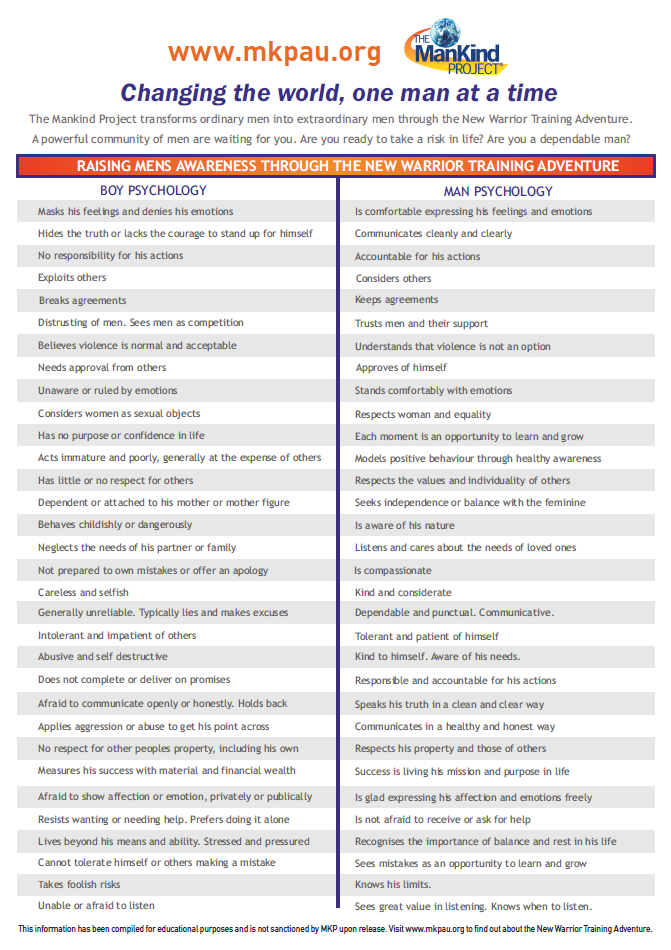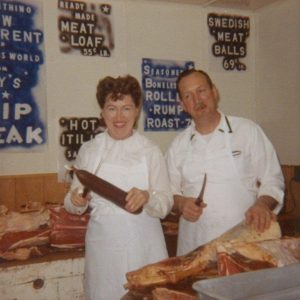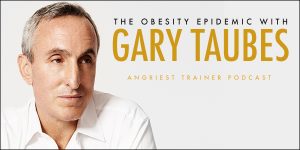Health and Lifestyle – Deep Thoughts on the ‘WHY?’ of the Human Condition
Work Life Balance
I grew up on a farm and in a small town in Wisconsin. The life was simple, creative and the work was hard. There is something about working with my back instead of my brain that I miss and that I enjoy. Lately, I’ve been called back to that life. I’m working hard to bring that experience back to my family…whether they like it or not! For those of you that haven’t experienced a life on a farm, HERE‘s a great blog that explains the hard work and amazing rewards of farm life.
Slowly but surely I hope to build a barn, small home and raise cattle in Patagonia, Arizona. The region is called the Sky Islands and it’s rich with birds, wildlife, and ranching. Our property is full of 100+ year oak trees and it’s nestled in a valley surrounded by red rocks.
On being an authentic man…..
I love what I do and who I work with. Balancing work life, family life and fun is a constant challenge. I’ve had a transformation journey that opened my eyes to motivates me and began the journey of discovery as to who I am. During my soul searching, I learned that I’m responsible for how I show up, ultimate accountability, life-long learning, and faith is my path to peace. In order for me to be effective as a father, husband and business leader I have to constantly be working on me. Sadly, many men in society are broken. I believe that is broken and the ability to learn about what makes people tick is a unique part of the human condition. The scars of life are typically imprinted in our family of origin. As ideal as my family was there was still shadows that I had to wrestle with. Once the shadows become visible, the work can begin.
I believe that there are many ways that we can come to terms with our shadow. I also believe men, more so than women, are more in need to learn who their true self really is. Broken men focus on status, money, sex, cars, and power. Many men, I included, spent the first 30 years of my life thinking that these artificial motives meant that I was successful.
 Throughout ancient times there are numerous rights of passage from childhood to manhood. These journeys are ceremonial and a part of society evolving leaders. In our day and age, I find broken men that have spent the energy to learn about their motivations fascinating. The men that I respect and am drawn to have gotten in touch with their shadows through, faith (typically born again more so than Catholic), addiction recovery, career military and in particular Marines, divorces where a man loses everything, business loss or any other event that forced the man to shake their beliefs to their very core. Through my work in Mankind Project I did the hard work, continue to dig into who I am and I’ve learned that many men are struggling to know who they are. Becoming aware of your ‘shadow’ or that part of you that is deeply buried and shows up to sabotage what is good, true and beautiful is the first step, understanding how the shadow part of our nature shows up in our lives is an ever happening journey. I’ve invited 8 men to the MKP weekend. All experienced profound awareness. Here’s what I learned from my journey (thanks to Nigel Stapelton for summarizing it so well). I am never done learning these lessons.
Throughout ancient times there are numerous rights of passage from childhood to manhood. These journeys are ceremonial and a part of society evolving leaders. In our day and age, I find broken men that have spent the energy to learn about their motivations fascinating. The men that I respect and am drawn to have gotten in touch with their shadows through, faith (typically born again more so than Catholic), addiction recovery, career military and in particular Marines, divorces where a man loses everything, business loss or any other event that forced the man to shake their beliefs to their very core. Through my work in Mankind Project I did the hard work, continue to dig into who I am and I’ve learned that many men are struggling to know who they are. Becoming aware of your ‘shadow’ or that part of you that is deeply buried and shows up to sabotage what is good, true and beautiful is the first step, understanding how the shadow part of our nature shows up in our lives is an ever happening journey. I’ve invited 8 men to the MKP weekend. All experienced profound awareness. Here’s what I learned from my journey (thanks to Nigel Stapelton for summarizing it so well). I am never done learning these lessons.
- Emotional Authenticity – As a man I need to share how I feel, in a healthy and clean way. Not bottle things up and shove things down deeper.
- Leadership Mastery– I am a leader, a role model and I am enough. I just didn’t realize it, or could not access those parts of me due to the masks, shields, and barriers that I had put up.
- Personal Responsibility– I learned the real value of integrity and accountability and that I am 100% responsible for my feelings and I own the impacts – both positive and negative – of my choices and actions.
Quick Tips The Sum It All Up For Me:
1 Intelligence is more than a person’s IQ. Emotional Intelligence has gained momentum recently. I subscribe to the 8 Intelligence described by Harvard’s Howard Gardner. Working on all 8 is a life-long journey. Henry Rollins Letter to Youth.
2. Father Richard Rohr, interviewed by Krista Tippet talks about rowing to and from the shore. A friend of mine gave me a book that explains the concept very well. The Anatomy of Peace by The Arbinger Institute is worth a read.
3. Surviving the Holocaust and losing your fortune to a Ponzi scheme would be devastating to anyone. Listen to how the author of Night, Elie Wiesel responds to losing his life’s fortune to the Bernie Madoff Ponzi scheme. Now, this is a man that knows what is important.
Farming and a Simple Life;
 Blessed is how I look back on my childhood. I was born in a small town in Wisconsin at a time when the center of America was the small town and the idyllic life depicted in Norman Rockwell’s portraits of America was my backyard. Our town had a couple stop lights and is made up of multi-generation German, Norwegian or Irish families. The wealthiest family owned the John Deere dealership and everyone knew each neighbor and their kids and their grandparents. One of the chapters in my book on the Decline of America relates to the ramifications surrounding the decline in farming and the rural community and the flight into the cities. The shift clearly had economic impacts but more importantly, the disruption of families and small-town communities left America worse off.
Blessed is how I look back on my childhood. I was born in a small town in Wisconsin at a time when the center of America was the small town and the idyllic life depicted in Norman Rockwell’s portraits of America was my backyard. Our town had a couple stop lights and is made up of multi-generation German, Norwegian or Irish families. The wealthiest family owned the John Deere dealership and everyone knew each neighbor and their kids and their grandparents. One of the chapters in my book on the Decline of America relates to the ramifications surrounding the decline in farming and the rural community and the flight into the cities. The shift clearly had economic impacts but more importantly, the disruption of families and small-town communities left America worse off.
Our family moved to Tucson when I was in second grade but I traveled back for summers on the farm. My grandparents started visiting and living with us for 3 then 4 then up to 5 months a year to escape the cold Wisconsin winters. The ability to spend that much time with Ed and Leonette Cody was a major impact on who I am today. The Cody’s had a beef farm and a butcher shop outside of town. Durin a time when grocery shopping meant a trip to the baker and then over to the butcher, a visit to Cody’s Meats was an adventure. Ed and Leonette had 8 kids who went on to have over 50 grandkids. Family events and gatherings were major productions. There was always laughter, tons of teasing and always someone to spend time with. We didn’t have organized sports but everyone was in 4H with a show steer. We worked sun up to sun down cutting, moving and putting hay up in the barn for winter feeding. We rode in the back of pick up trucks and I’ve got cousins with missing fingers because they were caught in farm implements. We watched and at times helped calves being born and prepared pigs for cookouts.
Whatever happened in that Cody clan, the number of entrepreneurs that were generated from the aunts and uncles and all the grandkids is astonishing. Some stayed in the cattle business, others like myself and continued to take the road less traveled. The confidence and role models and lessons that were taught on that small farm are will with me almost 50 years later.
The life was extremely simple yet amazingly hard. At the end of the day, we really felt like we had achieved something important. To get a sense of what life was like when the small family farm was the backbone of America, I can’t recommend enough watching Trouble Creek – A Midwestern.
One of the chapters in my book in process, Decline of America, I argue that a move from a rural and agrarian society into the cities is changing America, and not for the better. As the small farm declines so do the small towns surrounding the farmers. As the small towns decline the entire social fabric of many regions changes. The connection with nature, the stewardship of a farm that may have been passed down from generation to generation. The rugged independence of a farming society and the focus on values and virtues that needed to be successful are unique to what made America great. Neighbors helped each other, kids grew up in tight night families that didn’t have iPhones and All-Star Soccer leagues, but instead, kids grew up with chores and hours and hours of creative play. If you have an opportunity to hire a farm boy or girl jump at it, you won’t be sorry.
Health and Family

My Kids –
This is a great video made by my daughter that captures the essence of what great kids I have:
